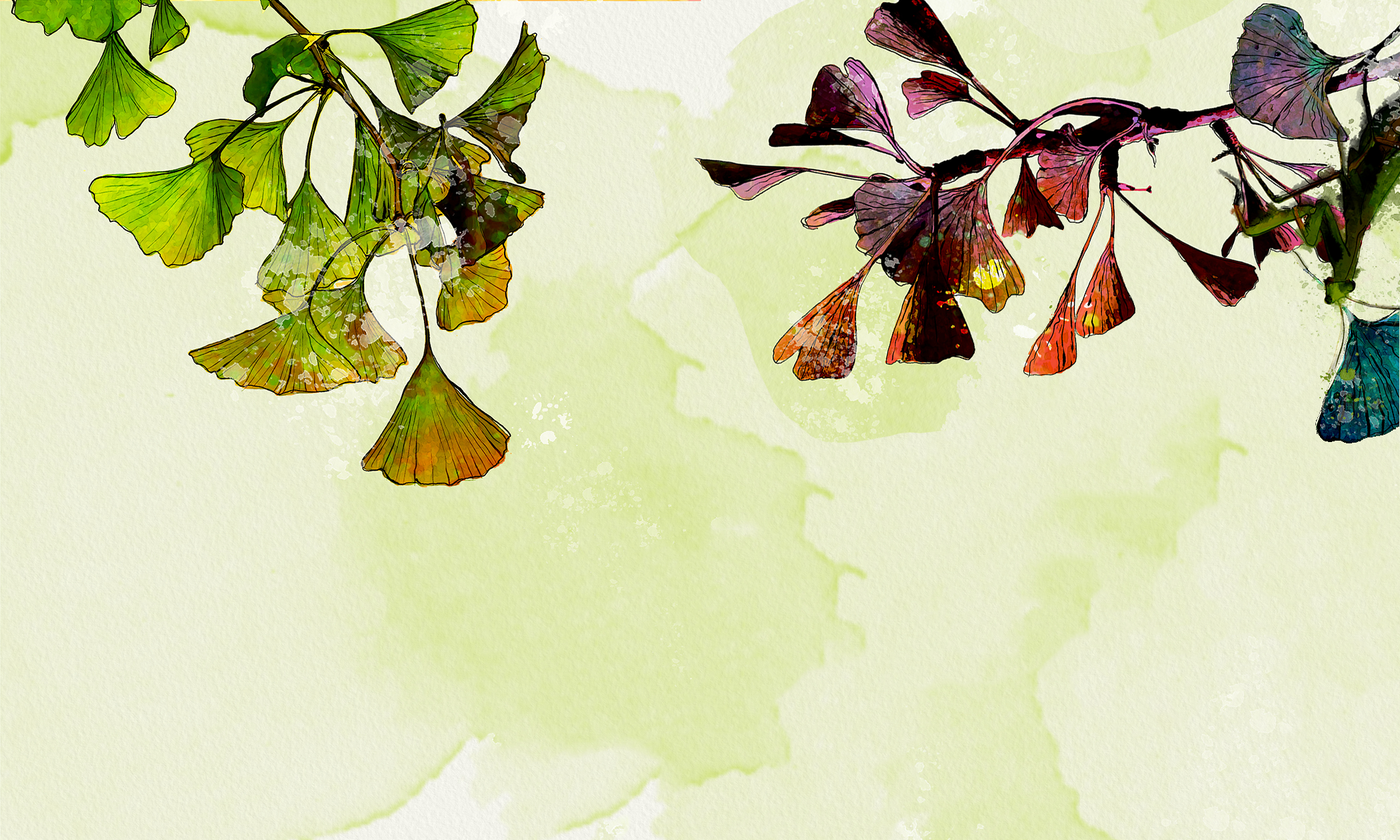
Mantis 20 (Spring 2022)
a poem lost, a poem found:
the poetry of kevin bennett
Introduction
I don’t often read the STANFORD magazine which, though none of my fellow roommates or I remember subscribing to, gets delivered to our house every few months. Yet, this past summer I found myself leafing through an issue one late afternoon. In it, I found a story of Stanford student, a poet and writer, who after disappearing for many years due to mental illness, was found again by his friends. These friends had faithfully kept his poems waiting for his return. The one poem featured at the back of the article about his mother (Recognizing Her, printed in this issue), was marvelous. I read it in the backyard, sun shining down on me, and felt echoes of William Carlos Williams. I had the urge to call my mom immediately after. I knew I had to find Kevin, and seek out more of his poems, and to hear directly from Kevin and his friends about their more than thirty-year friendship, cemented by poetry.
Kevin Bennett grew up by a lake in Michigan, and after high school moved to Palo Alto to go to Stanford, graduating in 1990. Though in many ways he excelled at Stanford, earning good grades, and winning the 1991 University and College Poets Prize from the Academy of American Poets, he had moments of emotional instability. He entrusted his then girlfriend, Pauline Steinhoffer, with paper copies of his poems and stories. When I spoke with Pauline, she told me: “Maybe he knew even then that he would need help to preserve his writing.” Pauline kept stacks of his writing for years, in her basement, and even now keeps the paper originals safe, though they have also been archived online. In Pauline’s words: “I don’t know about poetry, but I’m an expert on Kevin’s poetry.” And she has stewarded it for all these years.
Following college, Kevin drifted in and out of contact with his friends, spending time in treatment facilities, roaming across the US. In 2006 contact ceased entirely and no one heard from him for years. His best friend in college, John Coyle, kept posting online and looking for him, though he had prepared himself for what he had come to think was the inevitable—that Kevin had died.
Many years later, photographer and New Orleans resident Cheryl Gerber struck up a conversation with Kevin in her neighborhood, where he had been living, homeless. She pieced the story together, found his friends online, and put them back in touch. Finally, Kevin, his friends, and his poems were reunited.
“Poetry came first, it was always first.”
Kevin’s first moment of interest in poetry came from a class in elementary school, which introduced him to haiku and Chinese poems. In high school, he had a “reawakening,” as he calls it, and began to see poetry beyond rhyme and form as a place of self-expression. Influenced by Whitman, e.e. cummings, haiku and Li Po, Kevin wrote prodigiously in high school and college about what he saw, what he felt, how he related to the world. In the poems below, you can sense the life of a young man, in turmoil, trying to see how he can understand and feel what’s around him.
And that clarity, directness, desire for genuine connection is perhaps even more striking knowing that he has spent his life grappling with mental illness and life circumstances that were often beyond his control. Perhaps that desire for connection is also what brought his friends together, what kept them searching for him, what made them keep his poetry, even years after losing touch.
The selection of poems you see below span Kevin’s entire poetry career, from elementary school till the present. They are presented not chronologically, but thematically. Some are polished nuggets, others whispers of poems to come. Some are reiterative gestures, nods to words he has encountered and poets whose work has moved him. By publishing this range of poems in different stages of completion and in different styles, I hope to show the life of a poet and writer lived—through suffering and joy. Mantis is honored to publish Kevin’s poetry, almost all of which has never been published before.
